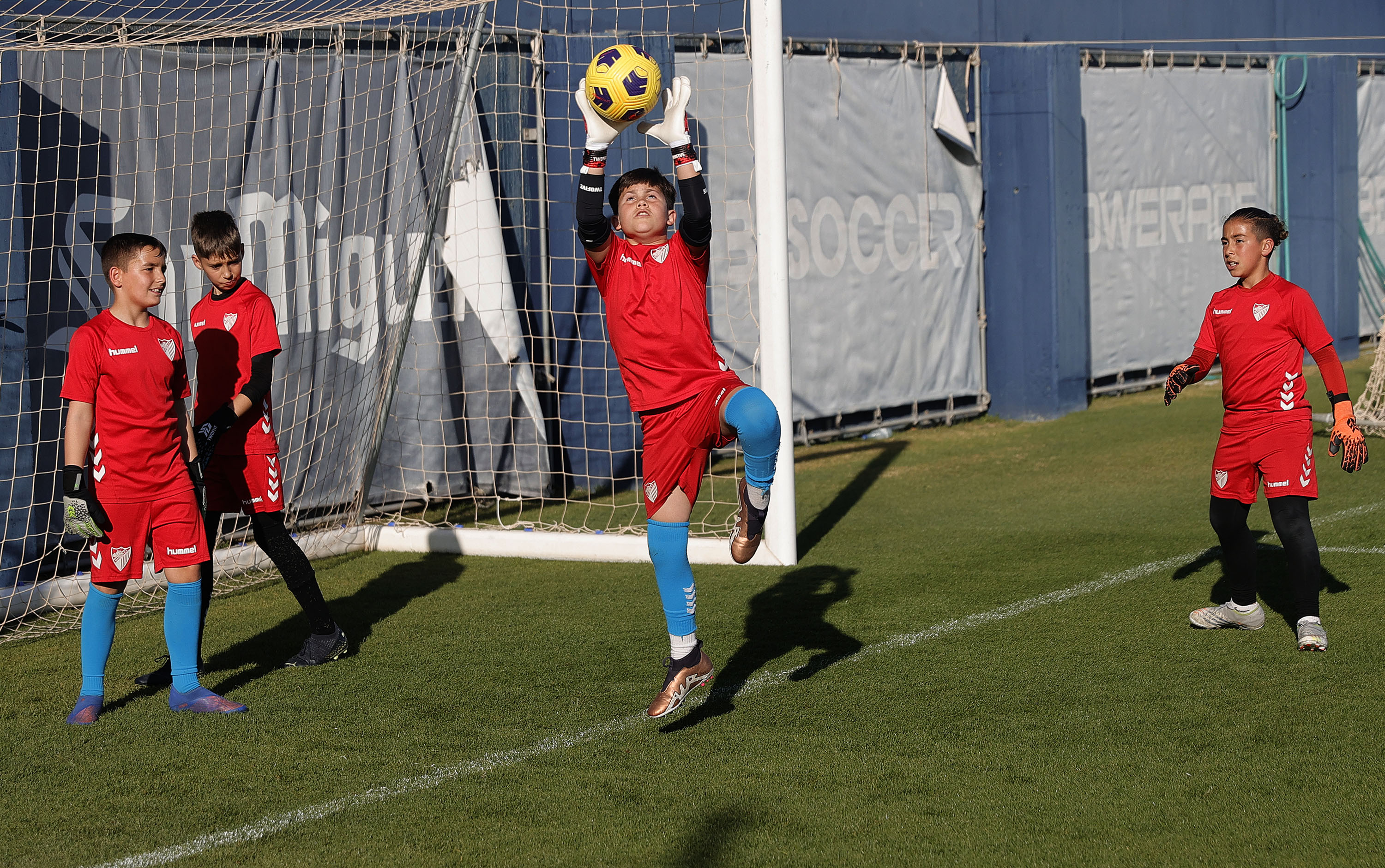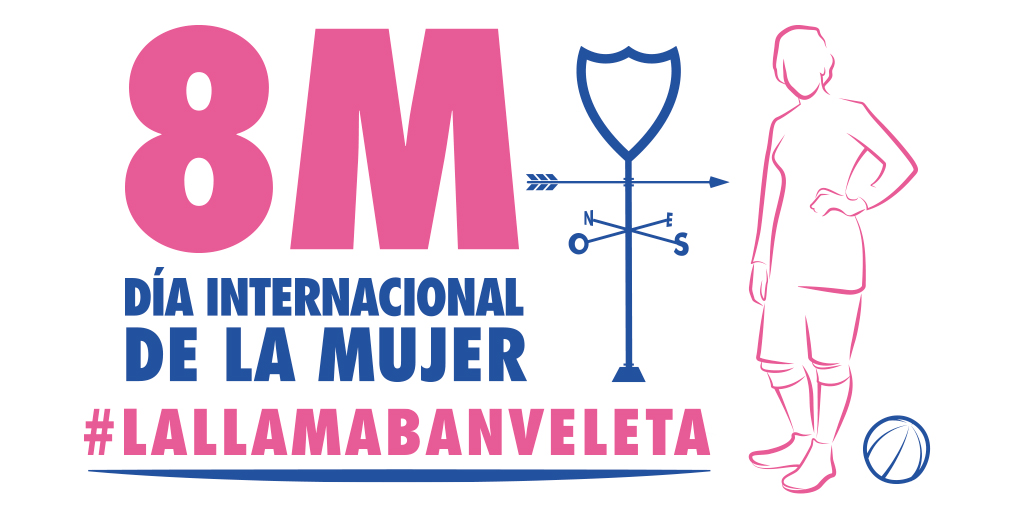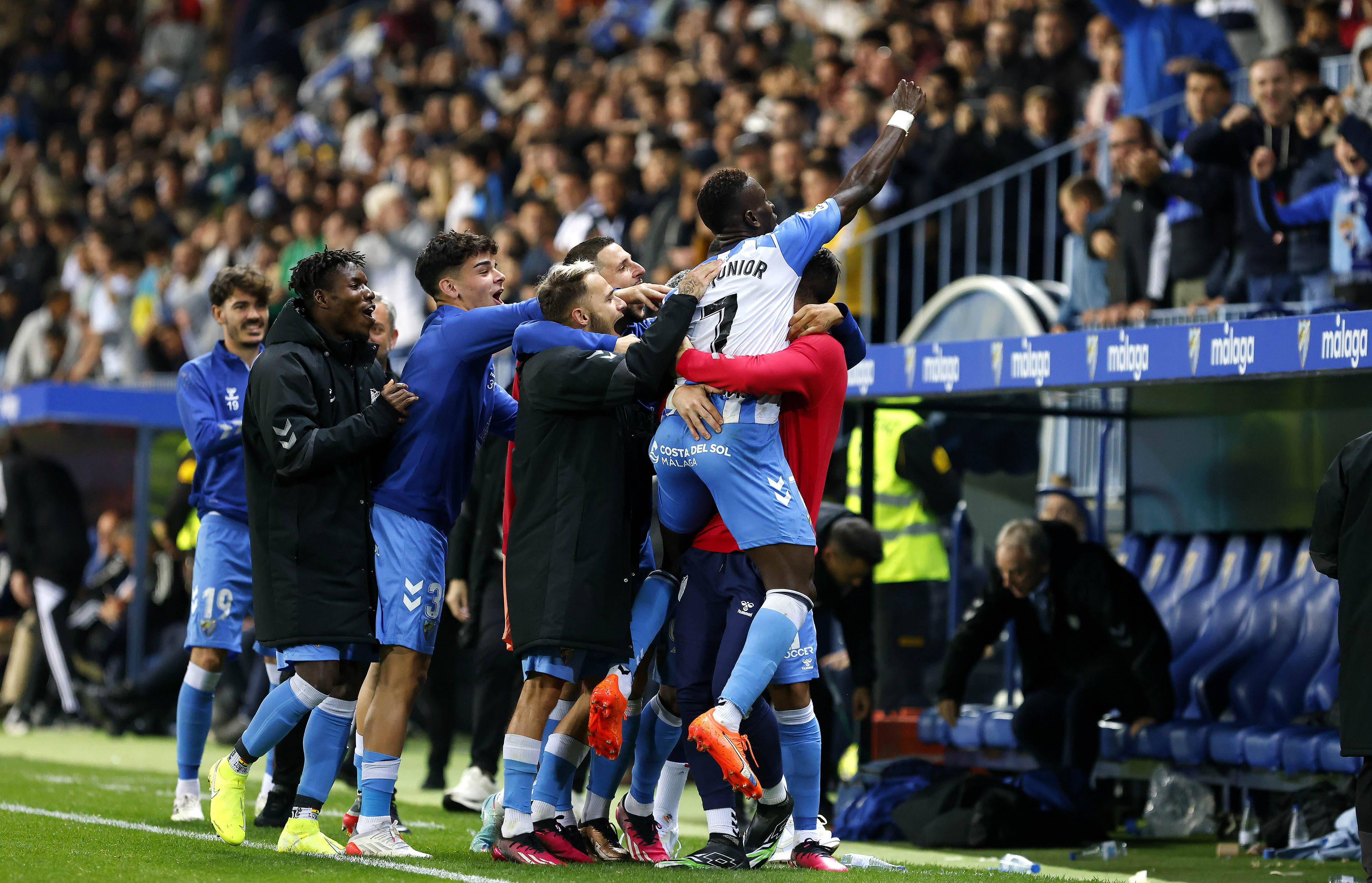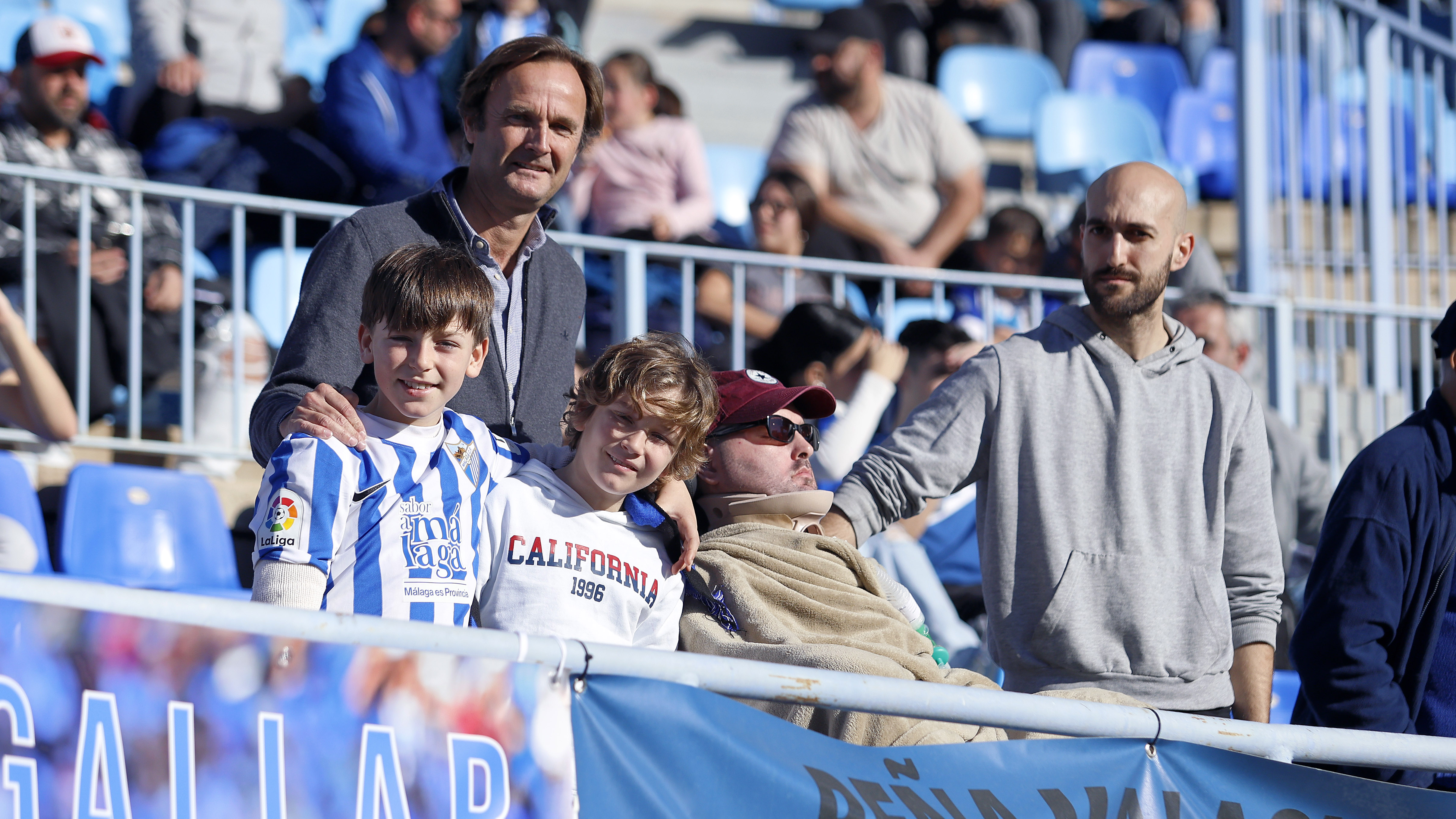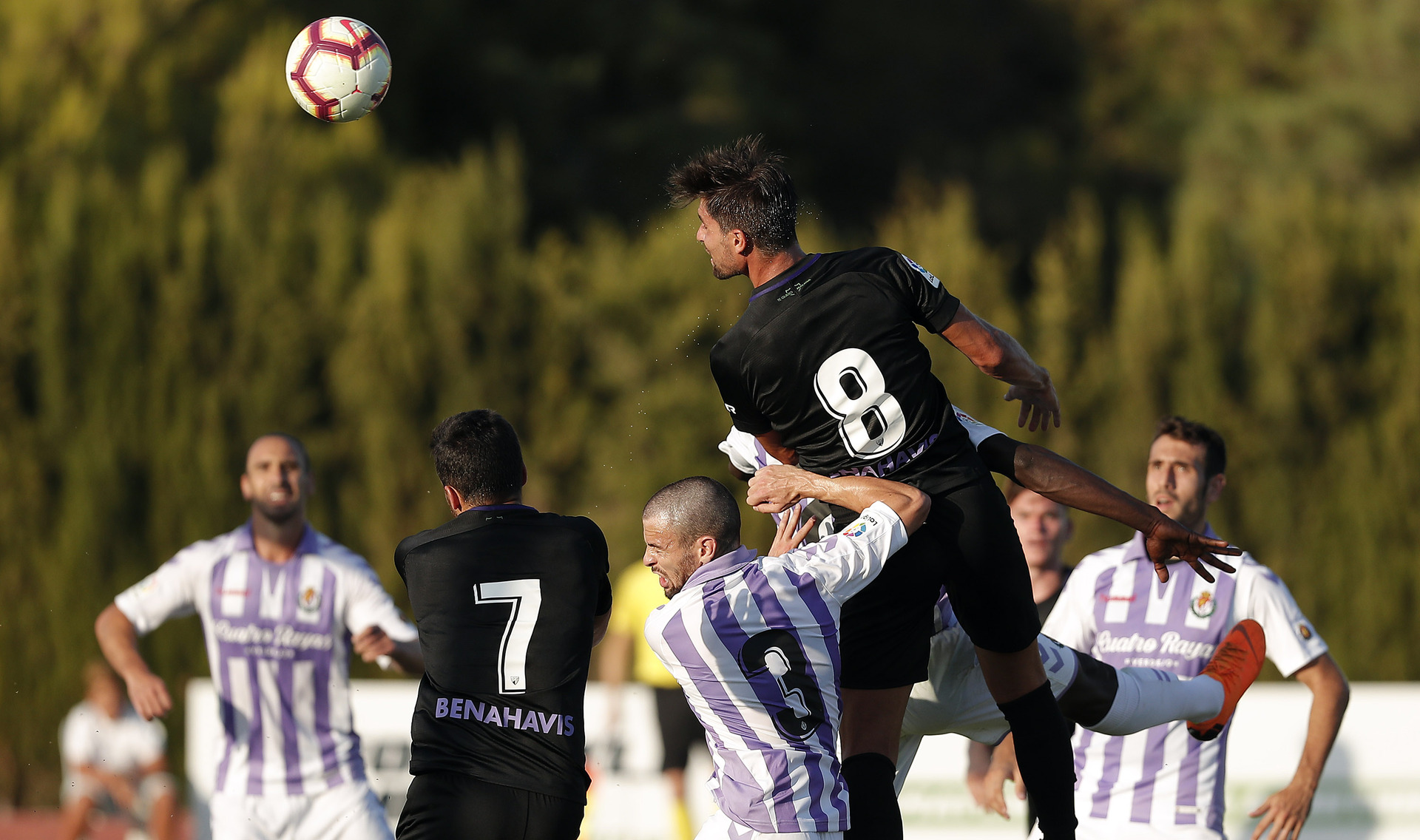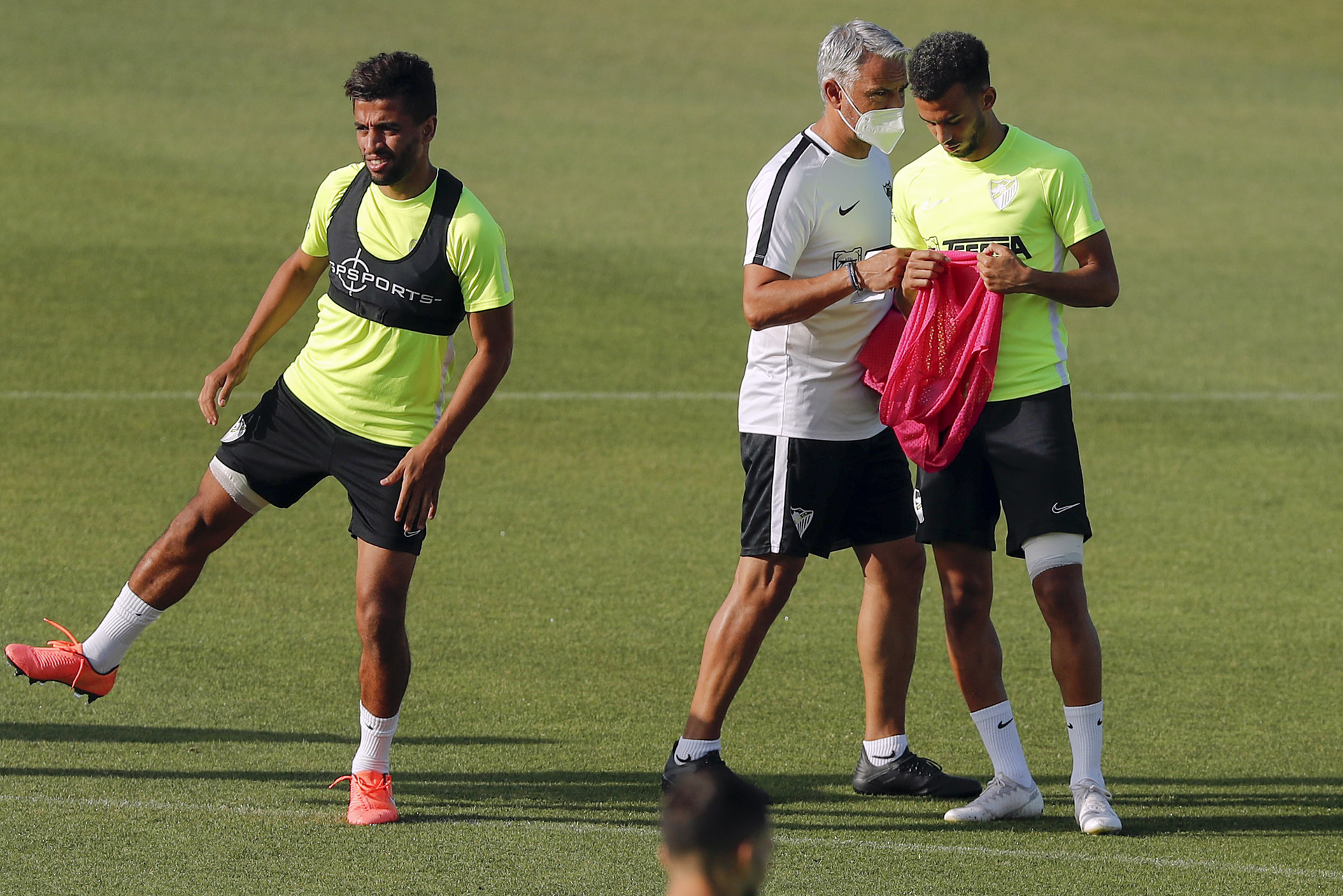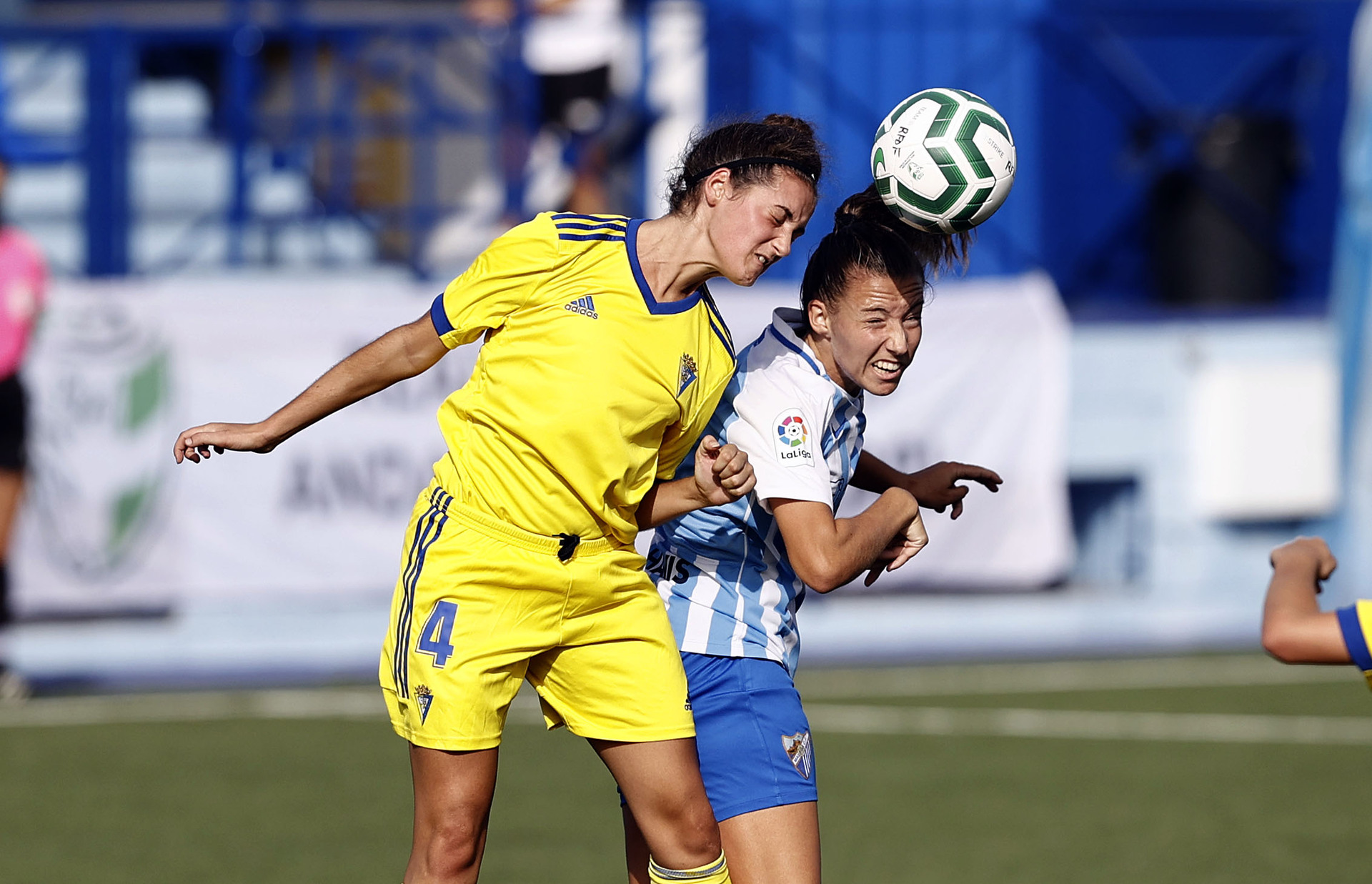1953-1954 season
CD Málaga, back in the Second Division, kicked off with the challenge of promotion to the elite. Antonio Iznata 'Chales' was again at the helm of the Malaguista dugout, replacing Helenio Herrera. Málaga signed Seoane, Solé, Romero, Serrano, Montero and Fariña, and midway through the season, Sobrado arrived on loan from Real Madrid. A young player moved up from Atlético Malagueño, who would end up becoming legendary Malaguista player, Bernardi.
That same summer, in August, José Luis Estrada Segalerva resumed his role as CD Málaga president for the second time. The team, as was the norm in past Second Division performances, remained in the mid-top part of the table, reaching pole position on matchday 9. However, there was a run of poor results, with three defeats and one draw (matchdays 12-15) on 31st December 1953 after the first round of the league had come to an end, putting CD Málaga in 7th place in the standings with 17 points, four away from the leader. Chales subsequently resigned as Malaguista coach, with Luis Casas Pasarín taking his place.
With the arrival of the Galician coach, Málaga only lost three matches in the second round, allowing the Blue and Whites to have options of promotion in the last match of the season.
Bazán’s last match
On 25th April 1954, the CD Málaga - Atlético Tetuán clash was held at La Rosaleda, corresponding to the 30th and final matchday of the Second Division (Grupo Sur). Under the referee from Murcia, Alfonso Gómez Contreras, CD Málaga selected the following starting-11: Del Río, Solé, Soto, Méndez, Rubio, Sobrado, Loli, Mora, Juan, Bazán and Estruch. For their part, Atlético Tetuán coach Baltasar Albéniz chose the following starting line-up: Moll, Pepín, Muñoz, Juaneda, Alarcón, Celaya, Patricio, Giner, Martí-Gimeno, Moreno and Julián. José Patricio was part of the Tetuán line-up, who a couple of years later signed to CD Málaga.
No sooner had play got underway, in minute 2, a pass from Sobrado to Mora culminated in a cross that was converted by Bazán who opened the scoring. In 18’ it was again Bazán, with an assist from Mora, who scored the 2-0, his final goal as a Malaguista.
Sobrado, who put on a superb performance with CD Málaga, scored twice in minutes 35’ and 44’, with Atlético Tetuán scoring in the middle, the work of Guillén. At half-time the scoreboard showed 4-1. Juan, in 62’, scored the Malaguistas’ fifth and last goal of the game.
In 70’, Pedro Bazán sustained injury and had to abandon the field of play. Without knowing it, he was bidding farewell to his time as a Malaguista to the crowd at La Rosaleda. The score at that time was 5-1, and although CD Málaga were a man down, they dominated the entire match and held on to the result until the end. Bazán ended the regular season having scored 17 goals, the highest Malaguista scorer.
Despite this victory for CD Málaga, other results meant the lads ended the season in third place, just one point away from champions, UD Las Palmas. This third place allowed the Martiricos outfit to take part in the First Division promotion league.
Promotion fight, without Bazán
Pedro Bazán didn’t take part in CD Málaga’s 10 matches in the promotion league, against Real Jaén, Baracaldo CF, Hércules de Alicante, CA Osasuna and UD Lérida.
The Blue and Whites only lost one match in the promotion league, achieving their third ascent to the First Division on 20th June 1954 following a 3-4 win against CA Osasuna at the San Juan stadium. They ended the 53-54 season with a 5-3 win against the former UD Lérida.
On 31st July 1954, the board agreed to let go of Pedro Bazán, who took less than 24 hours to find a new team, signing to Deportivo de La Coruña, where he ended his professional football career in 1957.
The legacy of Pedro Bazán
Bazán achieved records with CD Málaga that nobody could match or surpass: 146 goals in 208 official matches, and taking into account the friendlies, amounted to a total of 266 goals in 301 games.
In addition, his nine goals scored for Málaga against Hércules de Alicante, on 4th January 1948 (9-2) remains the record for a player in First and Second Division matches in Spanish football.
He also netted four goals in one match on four occasions (twice against CF Badalona, once against the former Club Ferrol and again against the extinct RCD Córdoba) and scored eight hattricks.
In addition, he was the first international Malaguista, in this case with Spain’s ‘B’ team, playing one game (20th March 1949) against Portugal’s ‘B’ team at Riazor (5-2) where he didn’t miss a date with his best friend: the goal.


